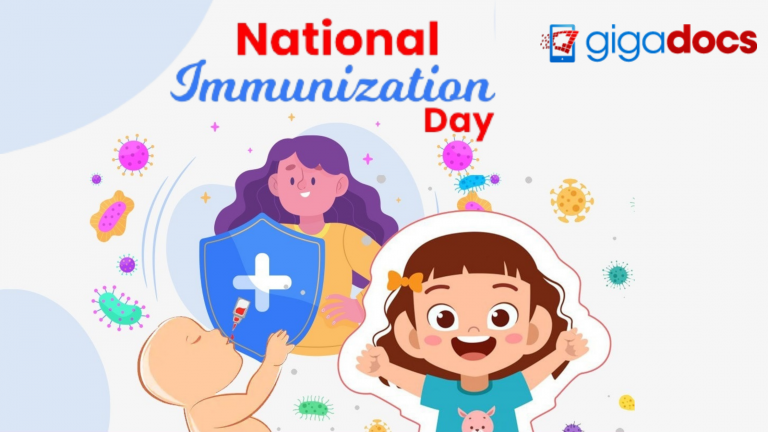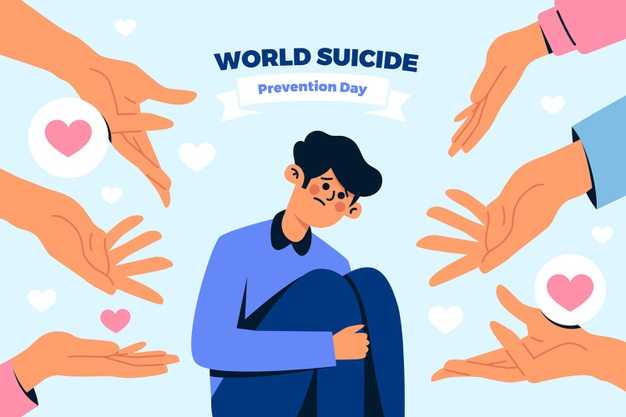Vaccination and immunization are often used interchangeably; however, their meanings are distinct. Vaccination and immunization are related terms, according to the World Health Organization. However, one of them refers to a specific action. The other is a description of a procedure.
According to the WHO,
- Vaccination is the use of syringes (vaccines) that encourage your immune system and shield you against diseases or inflections.
- Immunization involves the process of becoming protected, immune against any dangerous disease through the administration of vaccines.
You can become immunized to the disease-causing organism by being exposed to it and developing antibodies that fight against it. In modern parlance, immunization almost always refers to vaccination-based immunity rather than natural infection.
Vaccine Functions
Vaccination and immunization safeguard you against potentially fatal diseases. Vaccines prevent diseases that were earlier used to kill millions. There are vaccines available to protect against, for example:
- Viruses, that include the ones that cause Covid-19 and Flu.
- Bacteria, such as tetanus, diphtheria, and pertussis
Vaccinations activate your immune system. First, your immune system identifies an intruder as potentially harmful. Then it creates antibodies specifically designed to combat that disease. Memory cells are formed, and if the pathogen returns, these can relaunch an attack. This reduces the likelihood of becoming ill again. The acquired (or adaptive) immune response is the name given to this process.
Herd Immunity
When a sufficient number of people in a community are immunized, everyone is protected, including those who have not been immunized. When there aren’t enough vulnerable people in a community for an infection to spread widely, herd immunity develops. Diseases die out when they can’t spread. That is how Polio, Mumps, and Measles were eradicated (or nearly eliminated).
Community immunity is incredibly significant for those who are unable to receive specific vaccines. For example, due to weakened immune systems, they may be unable to obtain a shot. Care should be taken that vaccine ingredients may cause allergic reactions in some people. Furthermore, certain vaccines are not appropriate for newborns. Community immunity can aid in keeping them all safe.
Vaccine Effectiveness and Timing
Babies receive a slew of vaccinations beginning at birth. These vaccinations aim to protect your child against specific diseases when they are most vulnerable. A child’s health jeopardizes if they are not immunized.
Adults should also get some vaccines. These vaccines aid in preventing:
- Pneumonia
- COVID-19
- Influenza
National Immunization Day
We as a nation, observe National Immunization Day on January 18. However, for this year, the Health Ministry has rescheduled National Immunization Day for January 31 (Sunday). This decision taken by the Health Ministry stands true to the stated policy of ensuring that COVID-19 facilities and non-COVID-19 healthcare infrastructure coexist without disrupting each other.
Immunization is a tried-and-tested tool for controlling and eliminating life-threatening infectious diseases, and it is estimated that it saves between 2 and 3 million lives each year. It is one of the most cost-effective health investments, with proven methods that make it available to even the most difficult-to-reach and vulnerable populations.
National Immunization Schedule
India’s ‘Universal Immunization Program- UIP’ covers 11 life-threatening diseases, which include, Polio, Hepatitis B, Pneumonia, Tuberculosis, Diphtheria, Pertussis, Tetanus, Measles, Rubella, Japanese Encephalitis (JE), and Rotavirus diarrhea
When should a child not get vaccinated?
There are only a few reasons why a child should not receive vaccines. Common illnesses, such as a cold or diarrhea, are not a barrier to getting the child vaccinated.
However, there are some circumstances in which you must inform the doctor of the child’s condition. Here are a few examples:
- The child has a high fever.
- They have had an adverse reaction to another vaccination
- They have had a severe reaction after eating a few types of proteins such as eggs, prawns, nuts, etc.
- They have previously experienced convulsions (fits).
- They had or are undergoing cancer treatment.
- They have any illness that affects the immune system, such as HIV or AIDS.
- They have been taking any medication that affects the immune system, such as an immunosuppressant or high-dose steroid.
To summarize, vaccination is a critical component of public health and one of the most cost-effective interventions available. It has made a significant contribution to the recent decline in child morbidity and mortality. Vaccines’ benefits are reaching resource-constrained countries and more than 80 percent of the world’s children. The introduction of new vaccines and the promising research development pipeline will broaden the scope of immunization.
Tracking Immunization with Gigadocs
Our hectic lifestyles, the stress of working from home, and the pandemic uncertainty may cause us to overlook our child’s next immunization dose. Gigadocs provides a vaccine schedule chart to ensure that you never miss an immunization date.
If you have missed your child’s current vaccination date, for the most part, you don’t have to start over with the vaccines. Schedule a virtual appointment to discuss with your child’s pediatrician about which vaccinations should be repeated and which should be avoided with the help of the Gigadocs app.
You can also discuss the common side effects your child may experience following vaccination. These include fever, swelling, soreness, and diarrhea in some cases. You can discuss the symptoms and prescribed treatment on the Gigadocs E Healthcare app.
Download Gigadocs app from-
- IOS App – apple.co/2W2iG4V
- Android App – bit.ly/33AQoRC
To know more and schedule a Virtual Consultation demo, Email at info@gigadocs.com




